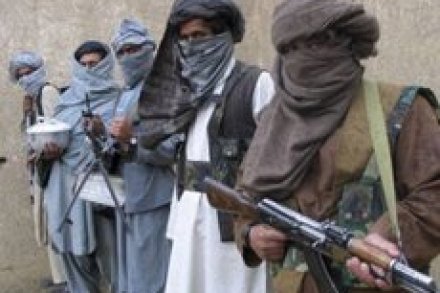Even in Afghanistan, an election needs at least two candidates
Just when the US administration thought it had turned a corner in Afghanistan by persuading Hamid Karzai to allow a run-off in the presidential elections, things look uncertain again. Having returned from a trip to India, President Karzai’s election rival Abdullah Abdullah looks set to announce he will boycott next week’s second round of voting. Such a decision could either be the prelude to a resolution of the crisis, or set the stage for political crisis. It is more likely going to be the latter. Before Karzai was persuaded to allow a run-off, some diplomats I spoke to were suggesting that a power-sharing arrangement could be put in place or












